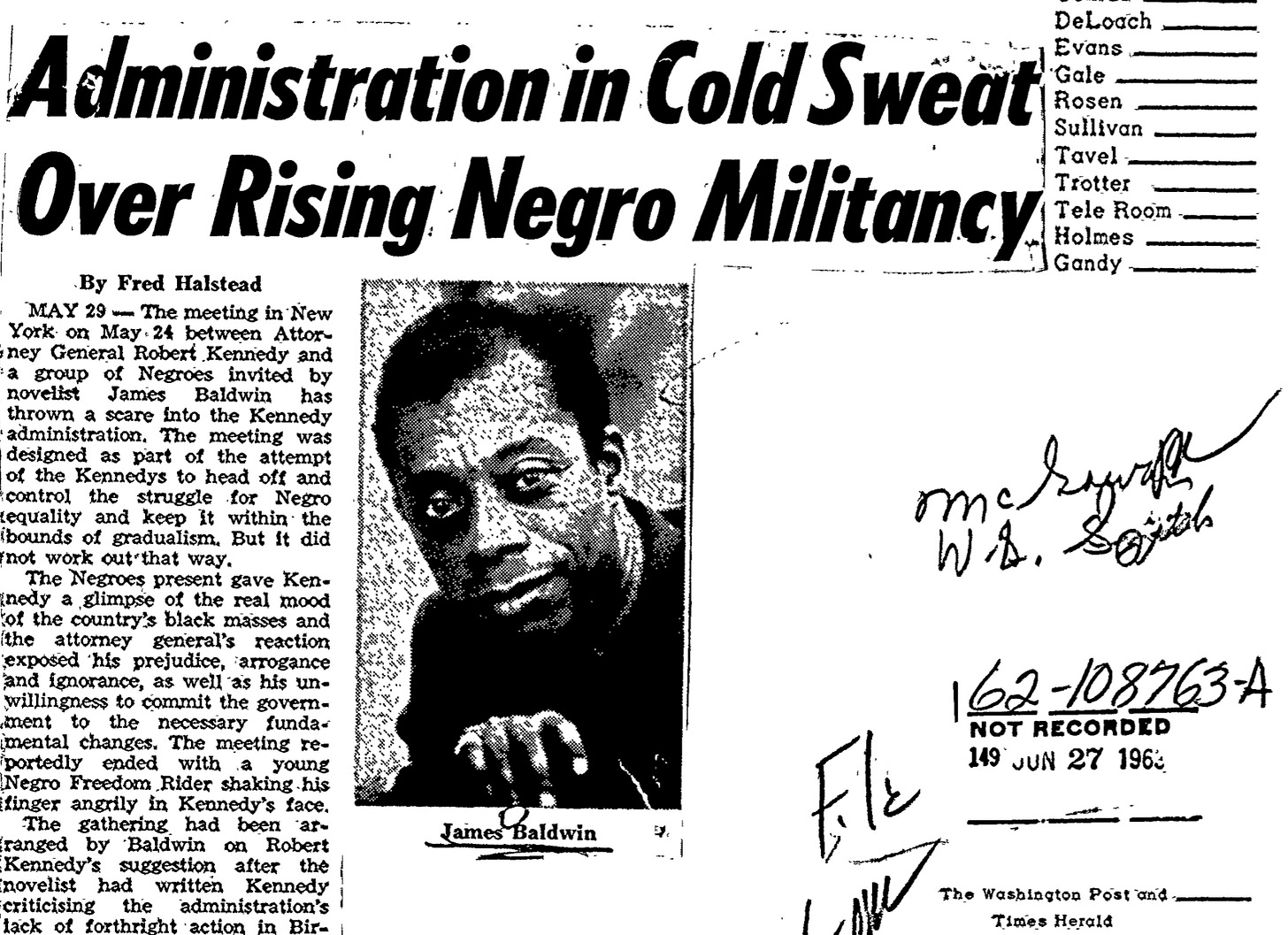Rookie Season: Debuts
Extra seasoning for your everyday food for thought
Genre: Psychological Fiction, Classics
“They felt that it was much easier and safer to rob their own people, for they knew that white policemen never really searched diligently for Negroes who committed crimes against other Negroes.”
— Richard Wright, Native Son
Back Cover (Harper Perennial Modern Classics):
“Right from the start, Bigger Thomas has been headed for jail. It could have been for assault or petty larceny; by chance, it was for murder and rape. Native Son tells the story of this young Black man caught in a downward spiral after he kills a young white woman in a brief moment of panic. Set in Chicago in the 1930s, Wright’s powerful novel is an unsparing reflection on the poverty and feelings of hopelessness experienced by people in inner cities across the country and of what it means to be Black in America.”
Native Son, the 1940 debut novel by American author Richard Wright, is a roller-coaster ride of terror and suspense, responsible (alongside his 1945 memoir, Black Boy) for catapulting Wright into superstardom within the annals of American literary greats.
Wright was thirty-one years old when Native Son was first published, born in a sharecropper’s cabin in Mississippi, having grown up in extreme poverty. Neither able to complete a single year of formal schooling nor stay put in a single locale (until roughly thirteen years of age), Wright’s high school attendance was spotty given a need to earn extra money in order to support his family.
A desperate flight to Chicago (in 1927), at age nineteen, lead to a Post Office job which enabled Wright (as he later said) to, “Go to bed on a full stomach every night for the first time in his life.”1
In 1932, Wright began writing with the Federal Writers’ Project2 and became a member of the American Communist Party.
In 1946, Richard Wright moved to Paris and became a permanent American expatriate, establishing (often complex) relationships with fellow expatriate writers, Chester Himes and James Baldwin.
“He hated his family because he knew that they were suffering and that he was powerless to help them.”
— Richard Wright, Native Son
Did You Know?
Did you know that given an unfortunate blend of race and membership within the communist party (between 1932-1942), the FBI (an agency of the United States government), monitored and investigated Richard Wright, keeping over 169 pages of surveillance files on the famous author?
Ironically, in the end, the FBI would only come to discover that Richard Wright possessed “almost an obsession” with the problems of the American Negro.3
Tell Me More . . .
Wright’s obsession with the problems of Negroes in America wasn’t just a cause for panic, it was a cry for help—a wailing—at a fever pitch.
He wasn’t much alone in this concern.
Other Black artists found “guilty”—no evidence; no trial—alongside their FBI surveillance files:
Some Food For Thought:
“History doesn’t repeat itself, but it often rhymes.”
— Mark Twain
Rookie Season: Debuts
A STEM Grew Petals Newsletter
Next issue is Ann Petry - The Street:
Want Daily Quotes?
Follow on Instagram (at Captioned Black Art)
Made in love in Silicon Valley by Jafari Joseph.
Copyright (C) 2025 My STEM Grew Petals Publishing. All rights reserved.
STEM Grew Petals is a reader-supported publication. To receive new posts and support my work, consider becoming a free or paid subscriber.












